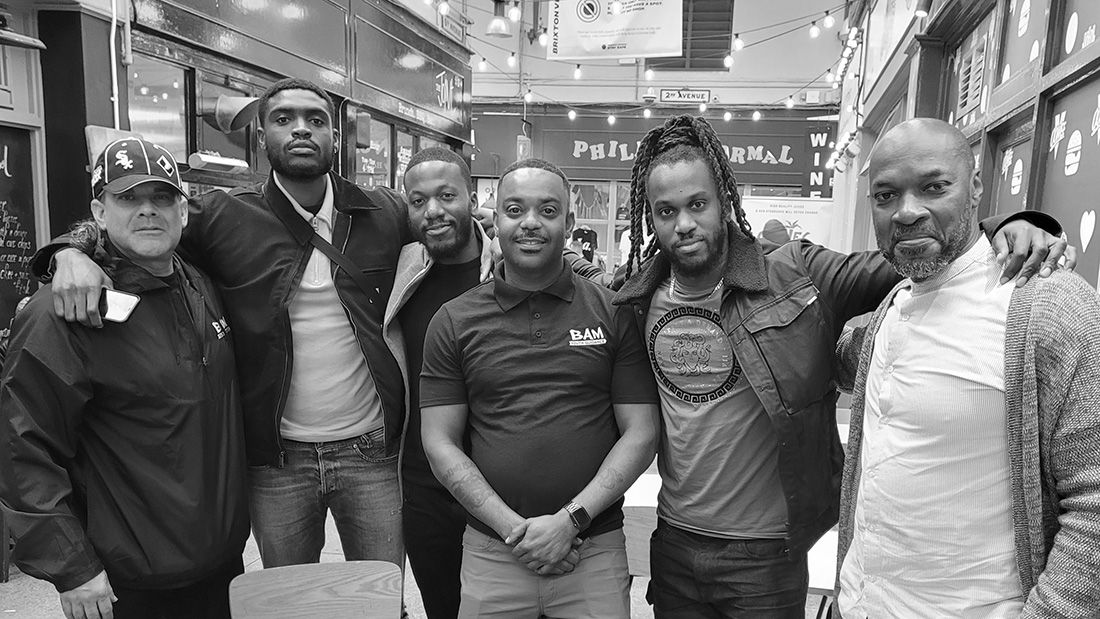

Movember funding to scale up mental health project for boys in London
'If you have no one to talk to - they're always there. We can speak what’s on our minds and no one is judged, and we all respect each other.'
- participant that took part in Becoming A Man (BAM) programme
Thanks to your donations, more boys will be able to benefit from a trauma-Informed counselling and group mentoring project that enables them to overcome difficult circumstances and reach their full potential.
BAM gives boys aged between 12 and 16, the opportunity to come together once a week, over a two-year period, during school to discuss issues affecting their lives. It supports their social and emotional development and teaches them how to make positive decisions about their futures.
First launched in Chicago in 2001 and supported by former US president Barack Obama, over 8,000 young people in 140 schools have been through the BAM programme in the US.
Independent research showed a 50% reduction in violent crime, a 35% reduction on overall arrests and a 19% increase in graduations among participants.
The programme has now been culturally adapted for the UK by the Mental Health Foundation and its community partners, Black Thrive and Colourful Minds, to ensure it meets the needs of the participants and has been running in three south London schools since 2020.
Students who take part in BAM are more likely to stay in school, develop healthy relationships, and stay out of the justice system. “BAM offers a space for young men to come together and discuss issues at school, at home, in the park, or on their estate,” says Ntale Eastmond of the Mental Health Foundation. “It’s about helping young boys become men and decide the values that will help them contribute to society. It’s about supporting these young boys to make decisions about their lives and values, to help them get to where they want to be in 20 years.”
The programme is delivered in BAM Circles inside schools. Each circle consists of between 8 and 12 young men who are supported by a BAM counsellor. They complete a set of activities and share their thoughts, feelings, and experiences in support of each of their own and others’ development.
An independent external evaluation of the programme in the UK is currently underway, carried out by Dartington Service Design Lab, and the findings will be available in 2024.
In the meantime, BAM measures the progress of the boys taking part in the programme, via a questionnaire called a Holistic Student Assessment (HSA).
Early results have shown that the biggest changes for boys taking part were improvements in critical thinking skills, empathy and perseverance, all core BAM values. Around 85% of participants say they ‘learn helpful things in BAM’ and 91% would recommend the programme to other people their age.
Funding through Movember’s £5.7m Scaling What Works grant funding programme will be used to expand the BAM programme to schools in Islington, north London, so that more boys can benefit from it.
Rhiannon Watt, programs manager, community & workplace at Movember, says:
“We are delighted to be working with the Mental Health Foundation in helping to scale up the Becoming A Man (BAM) programme in the UK.
"Evidence-based projects like BAM allow us to have an immediate impact on boys most at risk for poor mental wellbeing, breaking down barriers and enabling them to get the support they need at the earliest possible stage.”